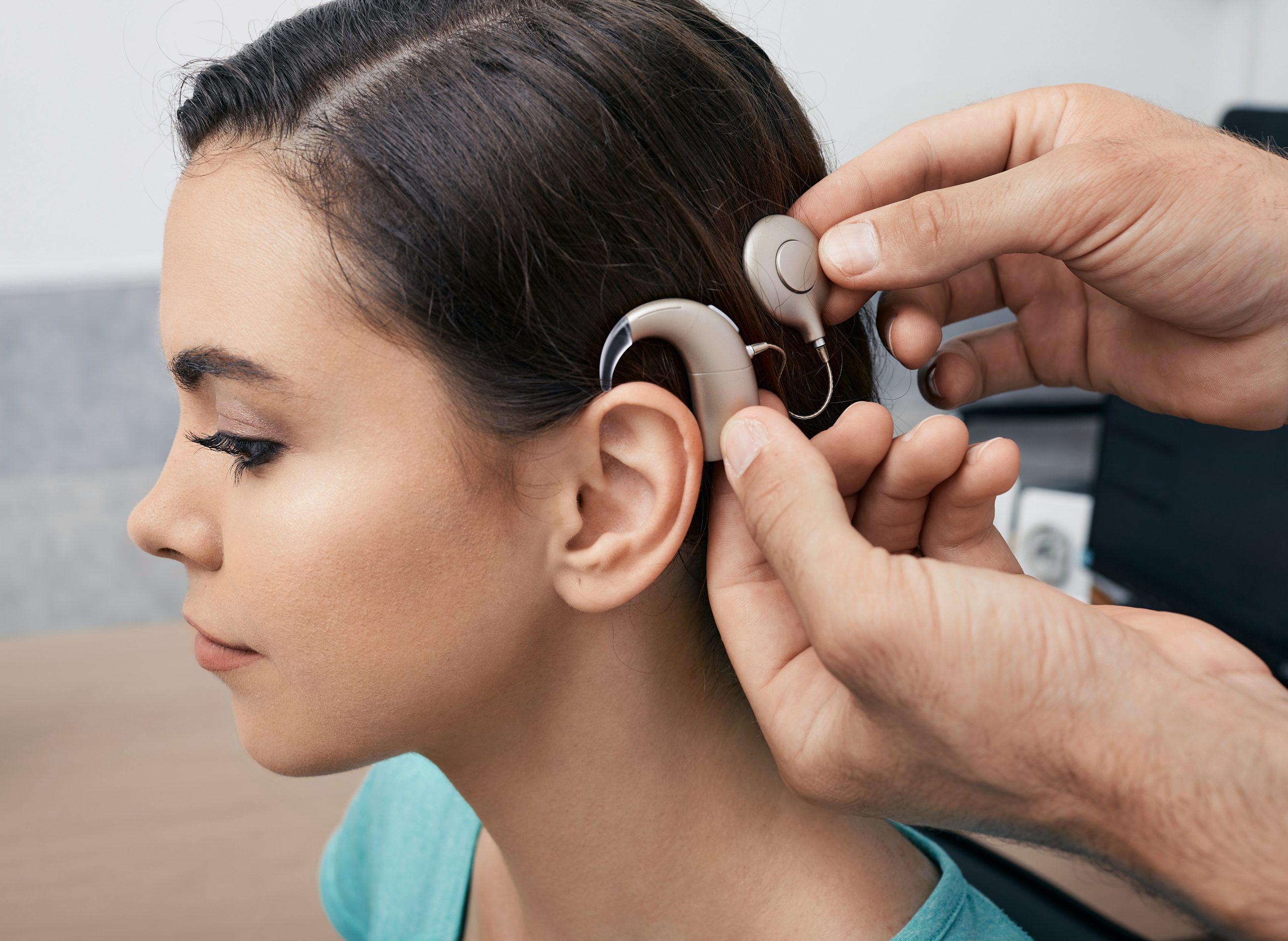Frequently Asked Questions
A cochlear implant is an electronic medical device designed to provide a sense of sound to individuals with severe hearing loss or deafness. Unlike hearing aids that simply amplify sound, cochlear implants work by bypassing the damaged portions of the ear and directly stimulating the auditory nerve. The device has two main components: an external part that sits behind the ear, and an internal part that is surgically implanted under the skin. The external component consists of a microphone, speech processor, and transmitter. The microphone captures sounds, which are then converted into digital signals by the speech processor. These signals are transmitted to the internal component, which includes a receiver and an array of electrodes. The receiver converts the signals into electrical impulses, which the electrodes, placed in the cochlea, use to stimulate the auditory nerve. These impulses are then sent to the brain where they are interpreted as sound. Cochlear implants don’t restore normal hearing but create a representation of sounds, which helps in understanding speech and environmental noises. The implantation involves surgery and is followed by extensive therapy to assist the user in adapting to and interpreting the new auditory information.
If you’re experiencing severe hearing difficulties, there are several signs that may indicate cochlear implants could be a beneficial option for you:
It’s important to consult with an audiologist or ENT specialist to thoroughly evaluate your hearing and discuss if cochlear implants are the right option for you. They can provide insight into the benefits, risks, and what to expect from the implantation process and post-surgery rehabilitation.


Hearing Assessments

As hearing experts, we provide comprehensive testing and work with ENT specialists to ensure the care of your hearing health.
South Edmonton: 780-809-1349
St. Albert: 780-590-1349